Situated Practice: Perform, Screen, Exchange
18 November 2020–02 December 2020, 7:00 am–6:00 pm
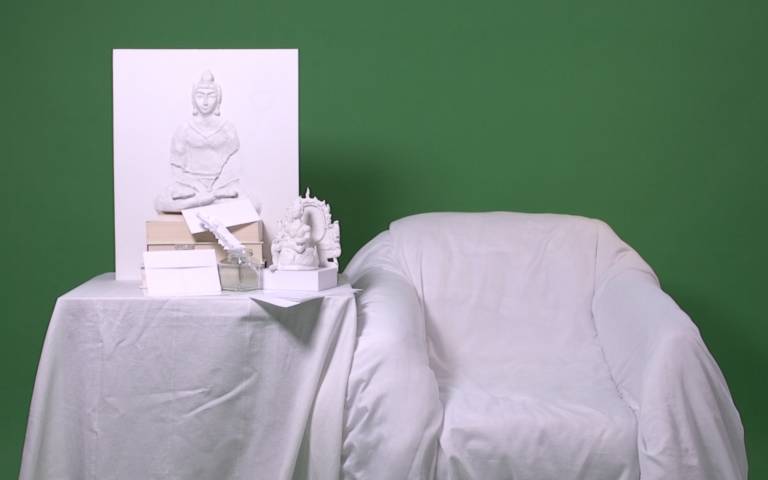
Students from the Situated Practice MA 2019/20 present their work.
This event is free.
Event Information
Open to
- All
Availability
- Yes
Cost
- Free
Organiser
-
The Bartlett School of Architecture02031087337
Please note: Eventbrite is a third-party service that is not owned or managed by The Bartlett. You should also review Eventbrite’s terms and conditions and privacy policy as we do not accept any responsibility or liability for their policies.
About
Situated Practice: Perform, Screen, Exchange is a series of moments that reflect the inbetweeness in the current climate, exploring issues of injustice, displacement, exhaustion, and care. These moments, which were originally intended for a live audience and activated in London, now take on a different meaning and approach between temporal, geographical, and virtual space.
Across three Wednesdays, the students of Situated Practice MA 2019/20 present works that reflect the different methodologies and strategies we've adopted. We invite you to witness and join us in these moments - durational and mediated performances, film and audio screenings, workshop, discussion, and radio show.
All events are online and free with registration.
Follow Situated Practice MA:
Schedule
Wednesday 18 November
Perform
- Washing White by Sean Cham
From 07:24*, Wednesday 18 November - 07:26* Thursday 19 November (GMT) *(Sunrise in London)

On February 6, 1819, Stamford Raffles had ‘founded modern Singapore’. The next day, on February 7, Raffles left Singapore. He had left instructions for a fort to be built, and for British troops to be dispatched on the island. A port city was to be established. In just one day, the colonial official changed the course of the island’s narrative, and till today the island lives with the residual impact of his actions.
Washing White is a durational performance, and is Sean's further exploration of practising ethical conservation, especially in relation to colonial and imperial histories. The five acts correspond to conservation principles common to Singapore and UK — Maintenance, Repair, Restoration, Renewal, and Alteration. In the same amount of time that Raffles took, Sean will attempt the impossible task of undoing and repairing and invites you to perform these actions alongside him.
Image: Photograph by Sean Cham
- A Letter to Grandfather by Yuxiao Chen
10:00-11:00 (GMT)
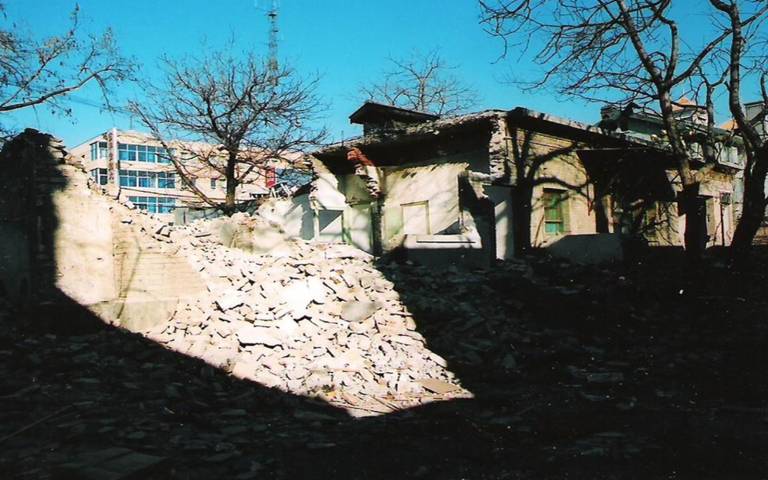
On 18 November 2020, Hua Xinmin will be reading a letter to her grandfather Hua Nangui. As a student sent by the Chinese government to study civil engineering in Europe in the 1900s, Hua Nangui returned to China and spent his whole life strengthening the country through science and technology. From his home in Beijing, he authored millions of words worth of textbooks and professional writings.
However, the physical space in which he wrote his works, the private houses in Wuliangdaren Hutong in Beijing, disappeared forever after the various political movements and the forced demolition of real estate development after the 1990s. For the past 20 years, her granddaughter Hua Xinmin has devoted herself to protecting the property rights of private houses in the cities. Now in the apartment where she lives, Hua Xinmin rediscovers her grandfather's spiritual legacy through his writings. And in her reading, she has found who her grandfather was and decided to write him a letter, telling him what has happened over the decades.
Register for A Letter to Grandfather
Image: Ye Jinzhong
- Something That Has Failed Might Still Be Successful by Francesca Marino
11:00-12:00 (GMT)
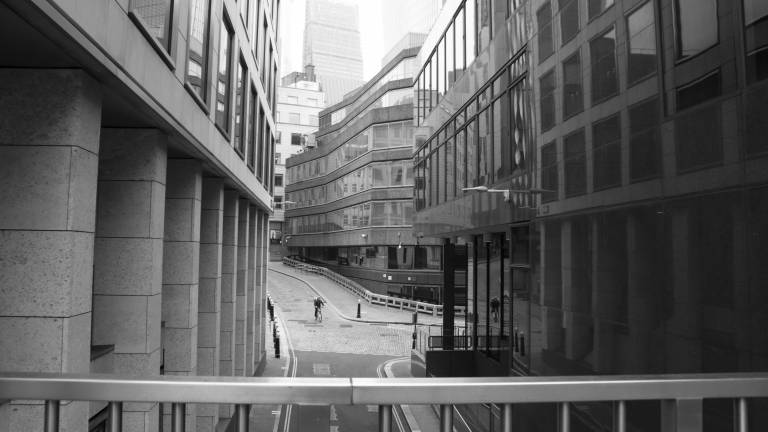
How do we talk about our experience of architecture?
Pedways are elevated walkways in the City of London, a manifestation of an utopic urbanistic vision after WWII. Today they are enigmatic voids in the city texture. This event is an online performance, based on the technique of montage, to experience the fragmentation, the rhythm and sequencing of the urban experience in the context of Pudding Lane pedway. Montage is used as a methodology to describe and engage with complexity, taking advantage of the potentialities of digital tools, both in the physical and digital realm.
Register for Something That Has Failed Might Still Be Successful
Image: Francesca Marino
Wednesday 25 November
Screen
- Qiqi by Zhou Fanqi
15:00-15:45 GMT
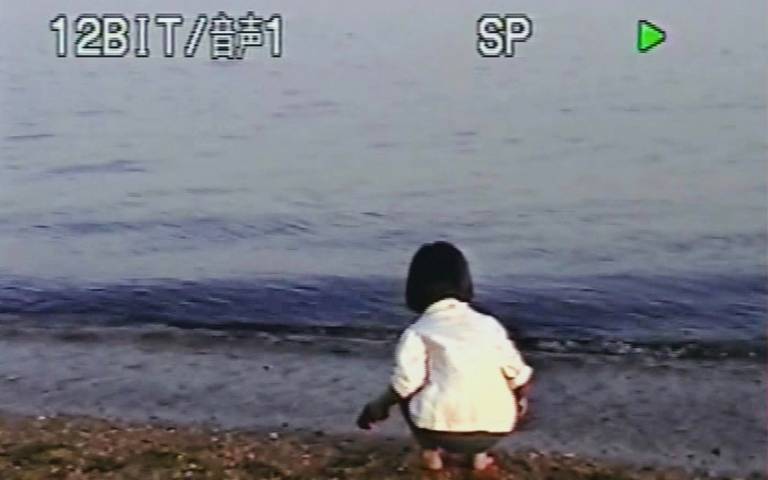
A screening where Fanqi (Kiki) Zhou will be presenting her recent film on her embodied experience of the one-child policy. She will be joined by filmmaker Zhang Jialing and author Vanessa L. Fong in a panel to comment on her film and topics it touches on. Together we will be thinking about the methodologies used in this work, the ethics of working with family members and the policy’s intergenerational impacts on the one-child families. The session will end with opening up questions around the future of the one-child generation and their families as well as the potential implications of the ongoing two-child policy. A collective moment of reflection with audience across time and space.
Image: Qiqi by Fanqi (Kiki) Zhou, family archive footage
- Ecsodus by Rachael Docherty
16:00-17:00 GMT
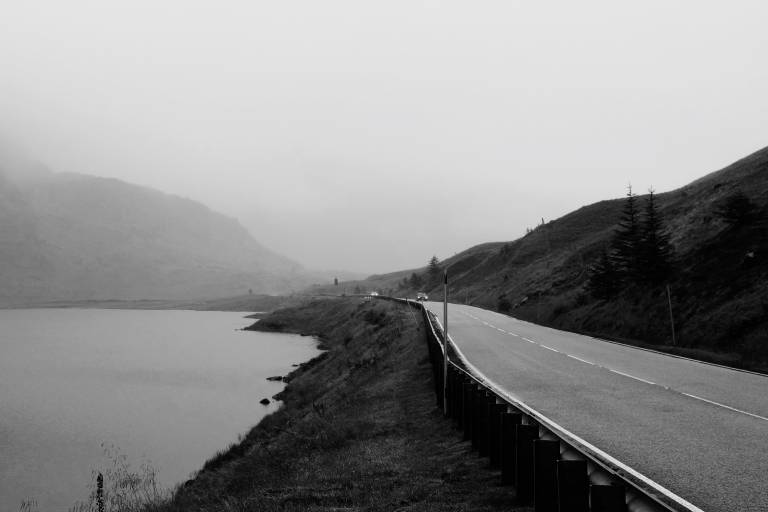
This intervention is an audio-based exploration into Scottish cultural identity. Through the format of an epic style poem, the artist is seeking to confront the intricate effects of the Highland Clearances on current landownership in Scotland and the use of Gaelic as an existing language.
Image: Rachael Docherty
- On the Edge of Working by Olga Markou
17:00-18:00 (GMT)
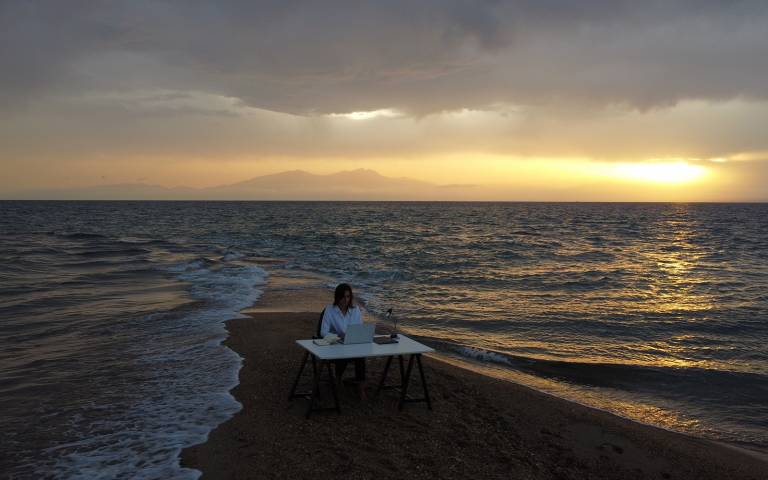
This intervention consists of a screening followed by a conversation on the theme of ‘20s relentless productivity. The film represents an installation made on a physical site exploring the limits of work in an era when every possible space can be transformed into a workspace.
The audience is invited to watch the film during the same time and then participate in a conversation in which the guest speaker(s)/academic(s) will present their point of view.
Register for On the Edge of Working
Image: Olga Markou
Saturday 28 November - Wednesday 2 December
Exchange
- Reflections on Exile and Other Sites by Keren Kuenberg
Wednesday 2 December, 14:00 − 16:00 (GMT)
Tune in for two live shows broadcast from the Imperial Voice Radio station:
A journey through contested histories between Jerusalem, Massawa, and Bath
Wednesday 14:00 − 15:00
A conversation about the marginal residences of Emperor Haile Selassie I, part of the show In Our City, hosted by Oluwatosin Onile-Era and William Hearth from the Imperial Voice radio. The internet radio station serves the city of Bath and worldwide, and is based at Fairfield House, former residence of His Majesty. This world-known figure left a mark on his people as well as every site he set foot on. From Addis Ababa, Jerusalem, Bath, and Massawa, the sites tell another facet of those contested histories situated in the margins.
The House is Alive!
Wednesday 15:00 − 15:30
A remote tour guide to the Fairfield House in Bath through its objects and other species, presented by the people who make the house a living creature.- Awkward Practices: Mediation and Translation Between the Planned City and Urban Culture by Enrique Cavelier
Saturday 28 November - Wednesday 2 December 16:00-17:00 (GMT)
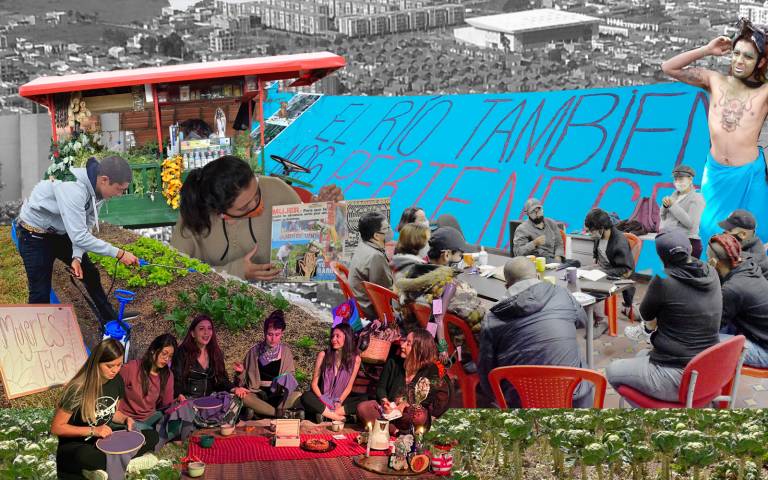
Saturday 28 November: panel discussion in Spanish
Prácticas Incómodas: Mediación y traducción entre la ciudad planeada y la cultura urbana.Wednesday 2 December: panel discussion in English
Awkward Practices: Mediation and translation between the planned city and urban culture.In the last few decades, we have witnessed the expansion of urbanisation across the globe. Faced with the growing problems caused by cities and the inability of traditional urban practices to intervene, we have seen how urban dwellers are increasingly unifying under collectives, organizations, and associations to claim the right to the city. These movements have produced an urban culture around the globe claiming power over the urbanization process.
Awkward Practices emerge in the overlapping of the planned city with these new urban cultures. These are practices of architects, artists, designers, municipal authorities, community leaders, and legislators, who feel uncomfortable with their professional training and make their profession and colleagues uncomfortable. Through the creative appropriation of public space, the design of urban objects, the creation of new public infrastructures and digital platforms, the maintenance of community spaces, and the initiation of spaces for dialogue, these practices work in hand with local communities to intervene in challenging urban contexts. Their horizontal and transdisciplinary condition allows them to be mediators and translators between the planned city and urban culture.
Join us on Saturday, November 28, at 15:00 − 16:30 GMT for a talk in Spanish with four Awkward Practices from different cities in Colombia: PÚBLICO (Cajicá), Arquitectura Expandida + Golpe de Barrio (Bogotá), Ruta 4 Taller de Arquitectura (Pereira), and COONVITE Cooperativa de Arquitectura (Medellin). During the talk, these practices will present different projects where the planned city overlaps with urban cultures. They will question how urban cultures are transforming (or not) the Colombian city. And they will talk about the meaning of practicing awkwardly in Colombia while envisaging the possibility of creating a network of such practices in the country and region.
Join us on Wednesday, December 2, at 16:00 − 17:00 GMT for a discussion in English where Enrique Cavelier will discuss and present to an English-speaking audience the projects, the findings, and the exchanges between these four Awkward Practices.
Register for Awkward Practices
Image: Enrique Cavelier
- Chapter 2: Heat Behind the Eyes by Montserrat Gutiérrez Mesegué
Wednesday 2 December, 17:00-18:00 (GMT)
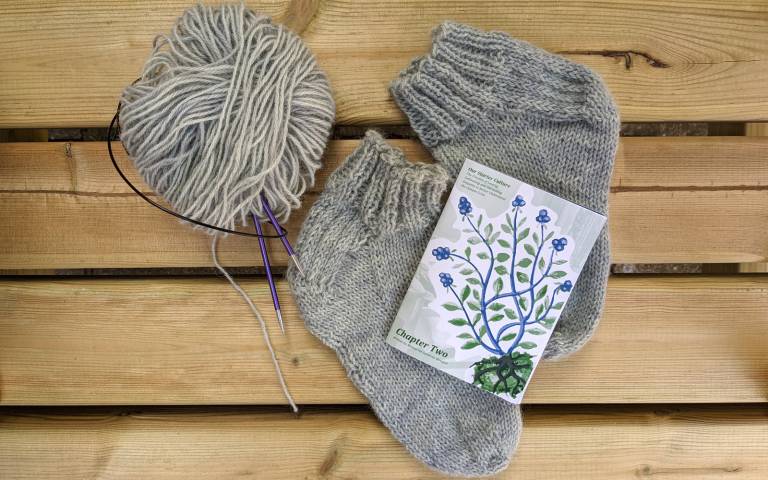
"When Aztecs described heat from a chili behind their eyes, they would avoid the heat of the sun, smoke, and wind. I remember when I felt the heat behind my eyes, my mother would cut up a lemon and char it on the stove till it was almost black. She’d then put the lemons on the soles of my feet and cover them with knitted socks until morning. But, how can I dissipate the heat that’s in front of me? The heat that destroys the lives of millions as it forges gold coins by the billions for the select few. Join me in a workshop where we learn the basics of knitting while discussing remedies, empathy and divesting in fossil fuels. And maybe through these discussions we can overpower the flames."
Image: Montserrat Gutiérrez Mesegué
Lead image by Sean Cham.
 Close
Close

